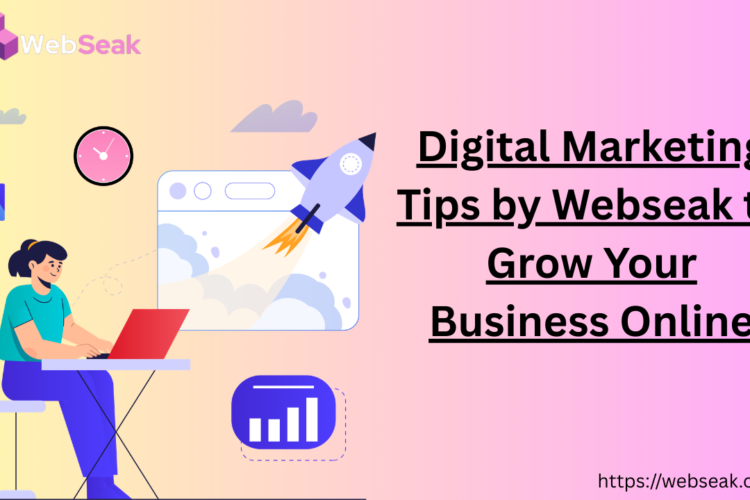
In the business environment of today, your managed website hosting service acts as a clear indicator of your brand’s digital agility.
Whether you are an up-and-coming startup working on your first landing page through HTML web page hosting or a growing enterprise managing sophisticated web services, the hosting service you select reflects your attitude towards growth, reliability, customer experience, and brand reputation.
What is, then, digital maturity? It is simply how much a brand leverages technology in its operations and seeks to increase performance. The hosting infrastructure used can either aid or hinder your digital evolution (i.e., website speed, uptime, scalability, and security).
Let’s analyze how the selections of hosting correspond to various phases of digital maturity and how strategic shifts positively impacting brand perception can communicate to customers, partners, and stakeholders that you are ready for evolution.
Table of Contents
Stage 1: The Experimental Phase—Beginners with Shared Hosting
At this level of digital maturity, most emerging brands or small businesses start with shared hosting. This level is cost-effective and easy to deal with, thus making it ideal for blogs, basic websites, or MVPs (Minimum Viable Products).
What it conveys about your brand:
- Budget is a concern, but you’re committed to having an online presence.
- You value convenience and simplicity over performance or control.
Stage 2: Growth Mode—VPS With Cloud Flexibility
With the success of your business comes the added value of using VPS and cloud hosting. These options come with more control, enhanced security, and better performance, and all of this is available at a lower price than a dedicated server.
What it conveys about your brand:
- You’re growing and investing in infrastructure that scales with you.
- Performance, reliability, and uptime are now critical to your operations.
- You’re starting to optimize for SEO, speed, and user experience.
VPS and cloud solutions are indicative of more professional backend management. Your brand gets recognized as future-ready and tech-savvy due to root access, custom server-level modifications, and available scaling tools.
Stage 3: Performance-Focused – Dedicated Servers for Serious Business
With the increase in critical digital operations such as eCommerce platforms, SaaS applications, or high-traffic content hubs, it is only natural to transition into dedicated hosting or high-performance cloud instances.
What it conveys about your brand:
- Your organization’s digital infrastructure functions as a backbone for business operations.
- You focus on maintaining consistent uptime; reliability is crucial for business continuity.
- A complex hosting environment is being understood by a technical team that you have or are currently building.
Shifts in demand emphasize the reliability, security, and robustness of your website or application, especially when backed by such investments.
Stage 4: Enterprise-Level Maturity – Managed Hosting & DevOps Integration
This last stage of digital maturity sees enterprises consolidate their hosting environment with DevOps practices like CI/CD cadence, Kubernetes, and Docker containerization. This section is dominated by fully managed hosting solutions or partnerships with custom cloud infrastructure providers, such as AWS, Azure, or Google Cloud.
What it conveys about your brand:
- Strategic innovation and operational efficacy are being driven by technology.
- Cross-department workflows are unified under a singular IT framework.
- Architecture fortifies integrative frameworks for security, compliance, and disaster recovery.
These brands go beyond adopting technology—they actively shape it. Their choice of hosting demonstrates a commitment to being agile, data-driven, and focused on the customer.
Hosting as a Strategic Brand Signal
In business, picking a trustworthy hosting provider like MilesWeb is crucial and lays the foundation of your online presence.
Consider factors such as your brand image and voice and what message they deliver, including your logo, positive UX design, and tone of voice. Your provider should offer:
- Reliability: Your uptime record.
- Speed: Efficiency across devices.
- Security: How safe is protecting user data relative to industry standards?
- Scalability: Do your systems grow with your business?
- Professionalism: Does your business take backend operations seriously?
When your hosting is set up to answer all these questions positively, your trust as a brand is earned from users, investors, and even search engines.
Making the Right Hosting Move
As you set out to achieve certain goals for your hosting, evaluate your digital presence maturity. Inspect the current metrics and future metrics:
- Is the traffic improving slowly over time? Are there plans for an upcoming major event?
- Check in with your group regarding their professional capabilities. What is the likelihood of your IT team having custom solutions? Is a managed service needed?
- Assess reputation: Would you like to maintain or create an image that associates a specific depth of professionalism and competitiveness with your name, which using your current hosting would fail to achieve?
- Make sure you plan for future adaptability.
Final remarks
Your hosting environment is more than a mere server. It shows your maturity, and maturity in this context is your strategy, priorities, and business, as well as your long-term vision. Your hosting services should grow along with your brand.
With a wise hosting choice, you enable effortless scaling and growth while at the same time sending a strong statement: We take our digital presence seriously. Operating on a shared server as a startup or sophisticated cloud architecture as an enterprise, strategically timed hosting shifts based on your maturity level are a potent business move.


